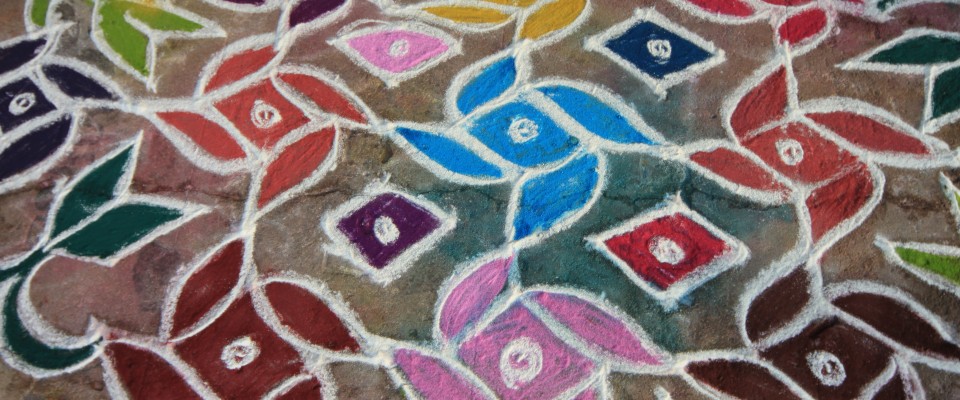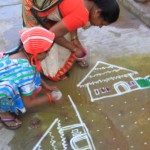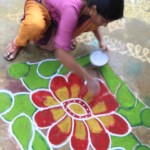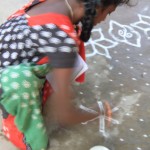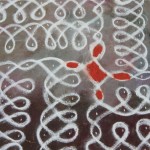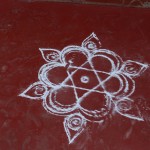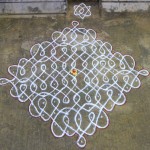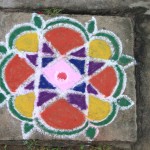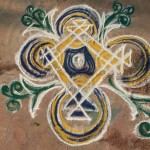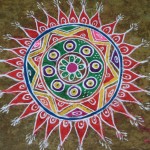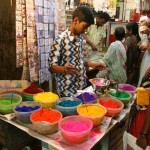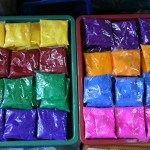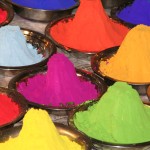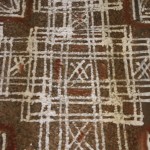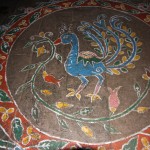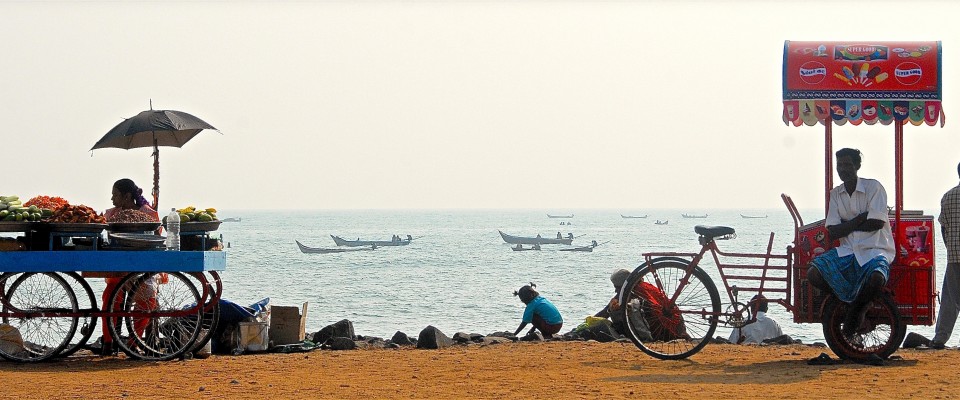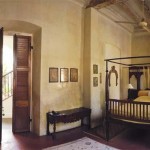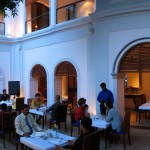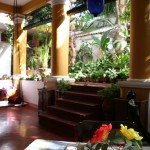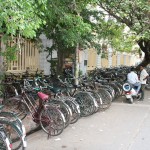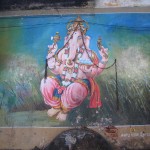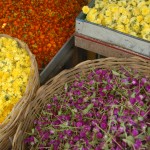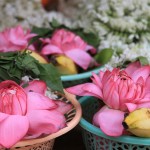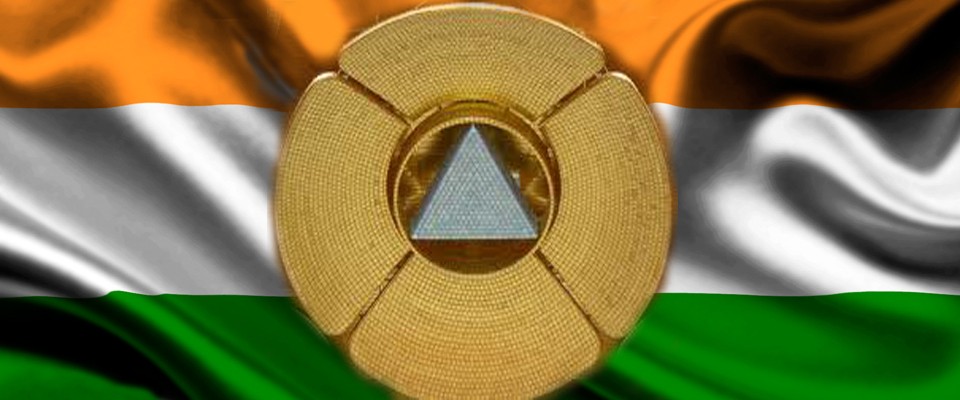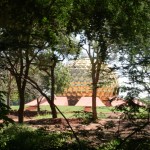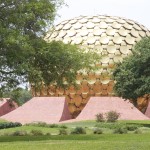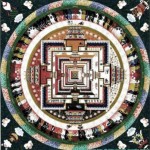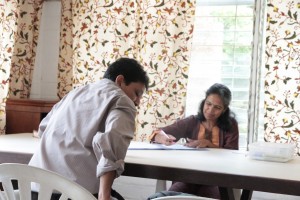Warning: Array to string conversion in /home/ashtangarc/www/wp-content/plugins/carousel-without-jetpack/carousel/jetpack-carousel.php on line 252
Warning: Array to string conversion in /home/ashtangarc/www/wp-content/plugins/carousel-without-jetpack/carousel/jetpack-carousel.php on line 252
Warning: Array to string conversion in /home/ashtangarc/www/wp-content/plugins/carousel-without-jetpack/carousel/jetpack-carousel.php on line 252
Warning: Array to string conversion in /home/ashtangarc/www/wp-content/plugins/carousel-without-jetpack/carousel/jetpack-carousel.php on line 252
Warning: Array to string conversion in /home/ashtangarc/www/wp-content/plugins/carousel-without-jetpack/carousel/jetpack-carousel.php on line 252
Warning: Array to string conversion in /home/ashtangarc/www/wp-content/plugins/carousel-without-jetpack/carousel/jetpack-carousel.php on line 252
Warning: Array to string conversion in /home/ashtangarc/www/wp-content/plugins/carousel-without-jetpack/carousel/jetpack-carousel.php on line 252
Warning: Array to string conversion in /home/ashtangarc/www/wp-content/plugins/carousel-without-jetpack/carousel/jetpack-carousel.php on line 252
Warning: Array to string conversion in /home/ashtangarc/www/wp-content/plugins/carousel-without-jetpack/carousel/jetpack-carousel.php on line 252
Warning: Array to string conversion in /home/ashtangarc/www/wp-content/plugins/carousel-without-jetpack/carousel/jetpack-carousel.php on line 252
Warning: Array to string conversion in /home/ashtangarc/www/wp-content/plugins/carousel-without-jetpack/carousel/jetpack-carousel.php on line 252
Warning: Array to string conversion in /home/ashtangarc/www/wp-content/plugins/carousel-without-jetpack/carousel/jetpack-carousel.php on line 252
Warning: Array to string conversion in /home/ashtangarc/www/wp-content/plugins/carousel-without-jetpack/carousel/jetpack-carousel.php on line 252
Warning: Array to string conversion in /home/ashtangarc/www/wp-content/plugins/carousel-without-jetpack/carousel/jetpack-carousel.php on line 252
Warning: Array to string conversion in /home/ashtangarc/www/wp-content/plugins/carousel-without-jetpack/carousel/jetpack-carousel.php on line 252
All over India, each morning just after daybreak, it is traditional for the women to decorate the ground in front of their houses by making simple or complex patterns using white or colored rice powder.
- Mother & daughter drawing a rangoli
- Women drawing a rangoli
- Women drawing a rangoli
In the evening, at dusk, those drawings are erased. Thus every morning, at dawn, a new drawing is made. According to tradition women are responsible for the maintenance and the decoration of the home. But they are also in charge of the representation of lucky signs, the sacred representation of the link between the microcosm and the macrocosm.
- Rangoli
- Rangoli
Truly ephemeral mandala(s), these images are created every morning, their only aim being to be erased at the end of the day, a memento of the immanence of all things: everything has an end and will finally return to Earth! The names given to these decorations vary from region to region. In Western India, for instance, they are called Rangoli (from the Sanskrit Ranga, meaning to dye, to color), in Southern India they are called Kolam and in Eastern India they are called Alpana (from Alpa : small, insignificant).
- Rangoli
- Rangoli
- Rangoli
Defying the classical Hindu or Mongol art forms, the rangolis let us enjoy their simple or complex designs, always full of fantasy. The spontaneity of their creation let forms and colors emerge delighting us by their harmony. They are a permanent invitation to the passers-by, a freely offered gesture, a spontaneous form of art that aims to share a bright beamig of the heart.
- Rangoli powder shop
- Rangoli powder
- For rangoli powder color
You can also find « rangolis » in sacred places and in Hindu Temples, as geometric symbols with the power of protection and support for introspective meditation. In some « yoga » and « tantric » texts the representation of truth is mentioned as being located in « Bindu », the central point of energy.
- Rangoli Ramana Maharshi Ashram Temple
- Rangoli Ramana Maharshi Ashram Temple
- Rangoli, Chidambaram Temple
